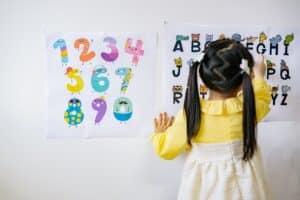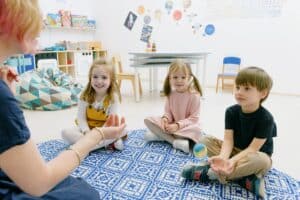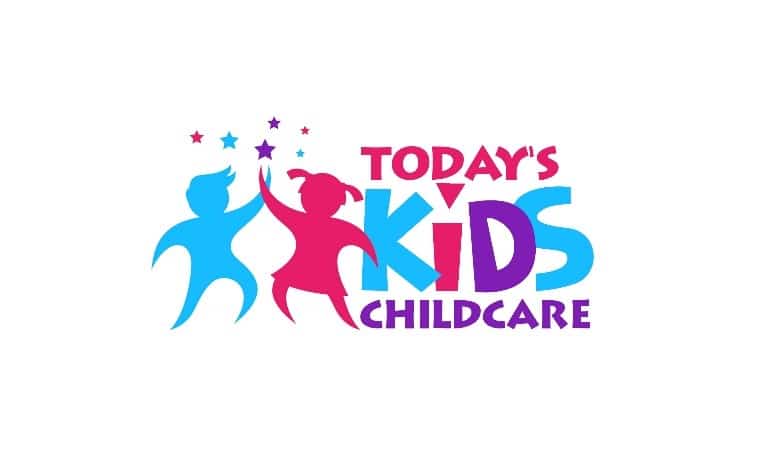The word “preschool” can bring many things to mind, but oftentimes people think of it as merely a daycare or babysitter for 3–5 year-olds. As a former preschool teacher, I’ve heard all the questions: “What do they ‘learn’ all day? How to nap? How to play? What benefit would preschool have for my son or daughter?”
Preschools are much more than just annexes of a daycare center. Preschools are where the foundational elements of early childhood education and social skills are taught and reinforced before a child heads off to Kindergarten.
According to Scholastic’s article The Ultimate Guide to Preschool, “Preschoolers learn ‘pre-skills,’ which lay the groundwork for the future. Through their playing, singing, and learning, preschoolers gain skills that ultimately help them learn to read, write, build their math and science skills, and become successful students.”
Let’s take a closer look at these main educational elements that kids learn while they are in preschool.

While many children start to learn how to identify letters at age 2 or 3, Preschool curriculums help kids match these letters with both short and long letter sounds.
Preschools also work with kids to help them learn how to not just identify individual letters, but small strings of letters like small words and even the child’s name. These little accomplishments help build a child’s understanding of letters, sounds, and putting the two together and spark their desire to learn more as they continue to master new words.
Helping children build and expand their understanding of phonics gives kids the foundation they need to go into Kindergarten and be ready to really take on reading.
Foundational Math Concepts
While a preschool teacher may not sit down with the kids to do a sheet of math problems, the foundational concepts of math are still taught in a fun, hands-on way in a preschool classroom!
Kids will learn how to count as high as 50 and sometimes 100, and the basics of addition and subtraction can be taught by utilizing objects like beans, crayons, or even cereal pieces like Cheerios to create visual and tactile add-on and take-away math problems.
This builds a child’s understanding of more, less, and how math can help us figure out problems in everyday life.
Introductory Science Knowledge
Like the way preschool introduces math concepts, science is approached with curiosity, enthusiasm, and usually paint, bubbles, or a bottle of soda and a handful of Mentos.
Science is all around us in our world, as are the opportunities to teach small children about it. Preschool teachers can teach kids about physics by knocking down a long row of dominoes to demonstrate gravity; the class could spend time watching a caterpillar go through its cycle of turning into a butterfly to learn more about biology, or anatomy could take a front and center stage by observing how a scraped knee or paper cut begins to heal within minutes of the injury happening.
The educational benefits of preschool should not be minimized or overlooked, because they are the foundational elements that will help your children continue to grow and learn in their next stage of life!
So, the next time someone tries to tell you all preschool kids do is nap and play, remind them that play and learning can go hand-in-hand effectively to prepare our little ones for the world!
